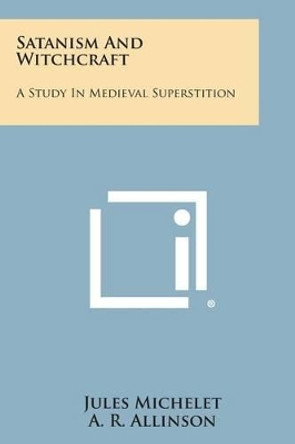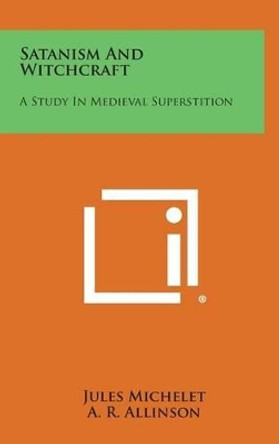This study examines the relationship between elite and popular beliefs in witchcraft, magic and superstition in England, analyzing such beliefs against the background of political, religious and social upheaval characteristic of the Civil War, Interregnum and Restoration periods. Belief in witchcraft received new impulses because of the general ferment of religious ideas and the tendency of participants in the Civil Wars to resort to imagery drawn from beliefs about the devil and witches; or to use portents to argue for the wrongs of their opponents. Throughout the work, the author stresses that deeply held superstitions were fundamental to belief in witches, the devil, ghosts, apparitions and supernatural healing. Despite the fact that popular superstitions were often condemned, it was recognized that their propaganda value was too useful to ignore. A host of pamphlets and treatises were published during this period which unashamedly incorporated such beliefs. Valletta here explores the manner in which political and religious authorities somewhat cynically used demonic imagery and language to discredit their opponents and to manipulate popular opinion.
About the AuthorFrederick Valletta
Reviews'... a wealth of illustrative material... a useful study of superstitious beliefs during the revolutionary period...' Albion
Book InformationISBN 9780754602446
Author Frederick VallettaFormat Hardback
Page Count 288
Imprint RoutledgePublisher Taylor & Francis Ltd
Weight(grams) 690g







